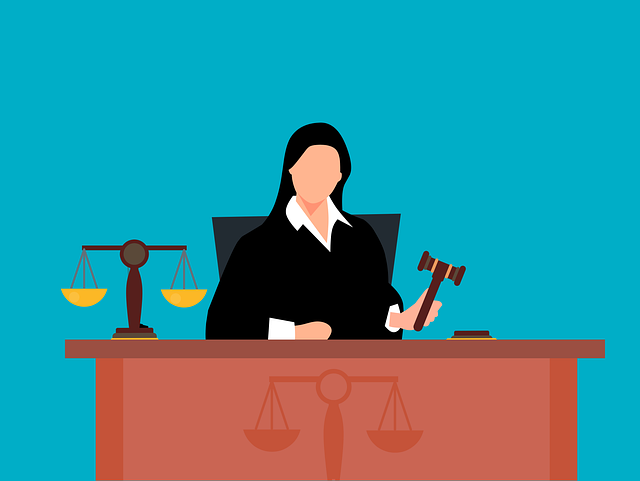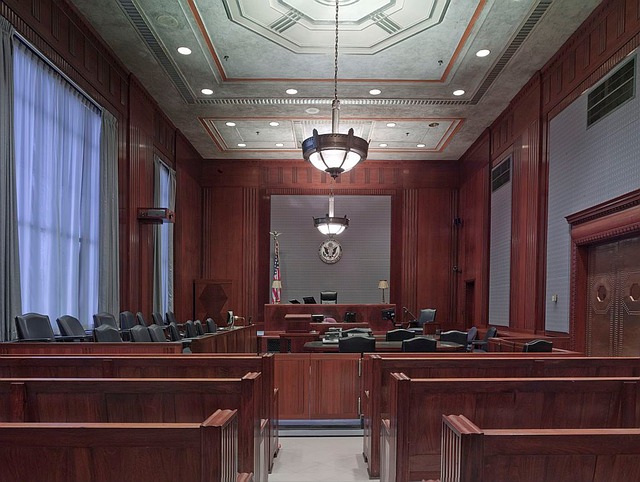Consumer protection laws safeguard buyers from unfair practices and false representations, with defamation cases addressing reputational harm caused by false statements. These cases consider severity of damage, intent, and malice/negligence, leading to settlements or court victories with wide-ranging effects, from financial awards to public image protection. Defamation outcomes shape legal precedents, deterring unethical conduct and emphasizing the impact of misinformation. Consumer protection suits enforce fair business practices, with significant financial implications for liable companies, setting industry standards through successful cases.
Consumer protection suits play a vital role in safeguarding individuals from unfair business practices. This article delves into the intricacies of consumer protection laws, exploring their reach and how they safeguard rights. We dissect common grounds for filing defamation cases, providing insights into definitive verdicts and settlements. Furthermore, it examines the impact of such suits on businesses, shedding light on both consequences and necessary adjustments to foster ethical commerce. Understanding these aspects is crucial for consumers, businesses, and legal professionals alike.
- Understanding Consumer Protection Laws and Their Reach
- Common Grounds for Filing a Defamation Case
- Defamation Case Outcomes: A Look at Verdicts and Settlements
- The Impact of Consumer Protection Suits on Businesses
Understanding Consumer Protection Laws and Their Reach

Consumer protection laws are a crucial shield for buyers, designed to safeguard them from unfair practices and false representations. These laws cover a wide range of issues, from product safety and quality to advertising claims and debt collection tactics. Understanding the reach and scope of these regulations is essential for both corporate and individual clients, as it empowers them to make informed decisions and protect their rights.
In cases where businesses violate these consumer protection laws, individuals can seek legal recourse through various avenues, including class-action suits or private litigation. High-stakes cases, especially those involving defamation or misleading marketing, can lead to significant outcomes and settlements. For instance, successful defamation cases have resulted in substantial monetary damages, serving as a powerful deterrent for companies to uphold ethical standards throughout all stages of the investigative and enforcement process.
Common Grounds for Filing a Defamation Case

When considering a defamation case, several common grounds can prompt individuals or businesses to take legal action. Defamation occurs when false statements are made about someone, harming their reputation and causing damage. This can take various forms, including libel (written or published statements) and slander (verbal statements). Key factors driving the decision to file include the severity of reputational harm, the intent behind the statement, and whether the defamer acted with malice or negligently.
The success of a defamation case largely hinges on evidence and the specific circumstances. An unprecedented track record of achieving extraordinary results is often seen in such cases, particularly when individuals or entities have an undeniable interest in protecting their public image. Throughout all stages of the investigative and enforcement process, from gathering evidence to negotiations and ultimately settlements or court outcomes, the goal is to secure justice and compensate for the harm caused by false statements, ensuring that defamed parties can recover and move forward with their lives.
Defamation Case Outcomes: A Look at Verdicts and Settlements

Defamation case outcomes often serve as a barometer for public perception and legal precedents. In recent years, several high-stakes cases have garnered significant attention, resulting in verdicts that have far-reaching implications. These outcomes range from complete dismissals of all charges to substantial settlements that can reach millions of dollars. Across the country, plaintiffs have successfully pursued defamation claims, securing judgments that reflect the severity of the harm caused by false statements.
While each case is unique, the decisions provide insights into when and how defamation occurs, particularly in an era of social media and digital communication. Settlements often involve substantial monetary compensation for non-economic damages such as emotional distress, alongside punitive damages designed to deter future misconduct. This demonstrates a growing recognition of the profound impact that false information can have on individuals’ lives and reputations.
The Impact of Consumer Protection Suits on Businesses

Consumer Protection Suits play a pivotal role in maintaining fair business practices and safeguarding the rights of consumers. When a respective business engages in deceptive or misleading activities, these legal actions serve as a powerful deterrent. Such suits not only rectify wrongdoings but also carry significant financial implications for companies found liable. Defamation case outcomes and settlements often include substantial damages awarded to aggrieved consumers, compelling businesses to take responsibility for their actions and make amends.
Across the country, consumer protection agencies and legal professionals work tirelessly to ensure that businesses operate with integrity. The impact of these suits extends beyond individual cases; they set precedents and shape industry standards. For his clients, a well-handled consumer protection suit can lead to improved business practices, enhanced reputations, and increased customer trust. Conversely, negative outcomes in such cases can result in severe reputational damage and financial losses, underscoring the importance of ethical conduct in the corporate landscape.
Consumer protection suits play a vital role in ensuring businesses operate ethically, safeguarding consumers from false advertising, fraudulent practices, and defective products. By understanding both the legal framework and potential outcomes, such as defamation case settlements and verdicts, companies can better navigate their responsibilities. These cases not only protect individual rights but also contribute to a fair and transparent marketplace, fostering trust between businesses and their customers.






